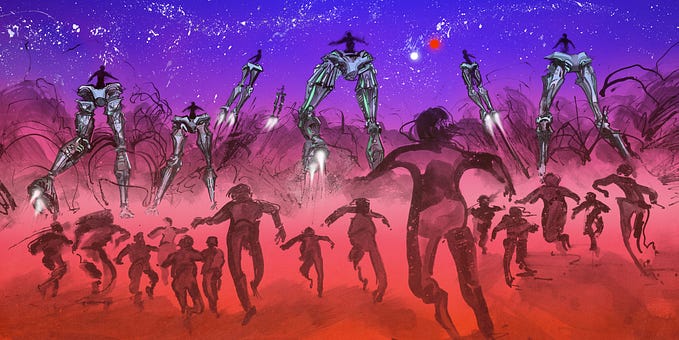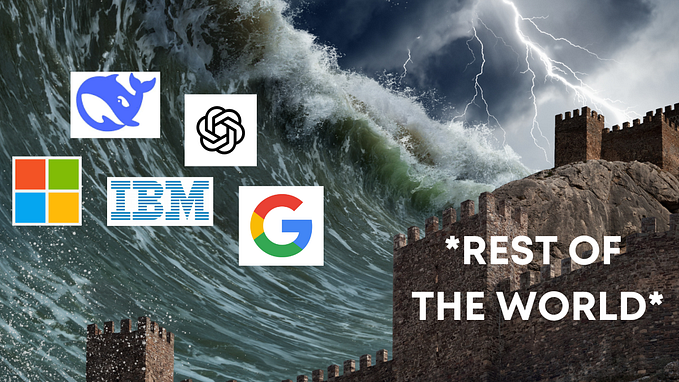Member-only story
Tim O’Reilly Coined Web 2.0. He Thinks Web3 Hype Is Naive.
‘If the bubble pops, are we going to find value in those bored apes?’

Five years after the dot-com crash, Tim O’Reilly coined the term “Web 2.0.” Instead of simply placing media on the web — the web’s first iteration — a new era of internet companies were treating the internet as a platform. Sites like Wikipedia, Google, and Amazon harnessed the collective intelligence of internet users, and their services got better as more people used them.
Today, advocates for blockchain-based technology say a new web is coming, which they call Web3. This new web, they say, solves Web 2.0’s biggest weakness: its tendency to concentrate power and profits with the few. Instead of the centralized web, Web3 will be decentralized, democratic, and a place where users are owners. But O’Reilly — who knows the context — isn’t buying the hype just yet.
“The rhetoric of Web3 seems very naive to me,” he told me over tea and scones at his Oakland, Calif. home. “They haven’t actually thought through how hard some of the problems actually are.”
“The rhetoric of Web3 seems very naive to me”
When O’Reilly wrote his seminal “What Is Web 2.0” article, it was long after the rubble of Pets.com and the late ‘90s Internet had cleared. Web 2.0 was therefore more than a potential, revolutionary approach to developing software. It signified that something meaningful and concrete had emerged from the dot-com bubble. Many of the “Web 2.0” companies actually began before the bubble burst. But their staying power demonstrated that those who believed the web would change our lives had something to show for it — something big.
“Web3” is thus premature. Those declaring it the web’s next era have done so before its technology has reached Web 2.0’s level when O’Reilly gave it its title. Web3 must therefore show some persistent infrastructure that the masses use to earn its name. For now, many are asking where’s the cream filling?
“If the bubble pops, are we going to find value in those bored apes?” O’Reilly asked. “I don’t think so.”
Web3’s champions may then find it difficult to live up to their promises about the tech…








